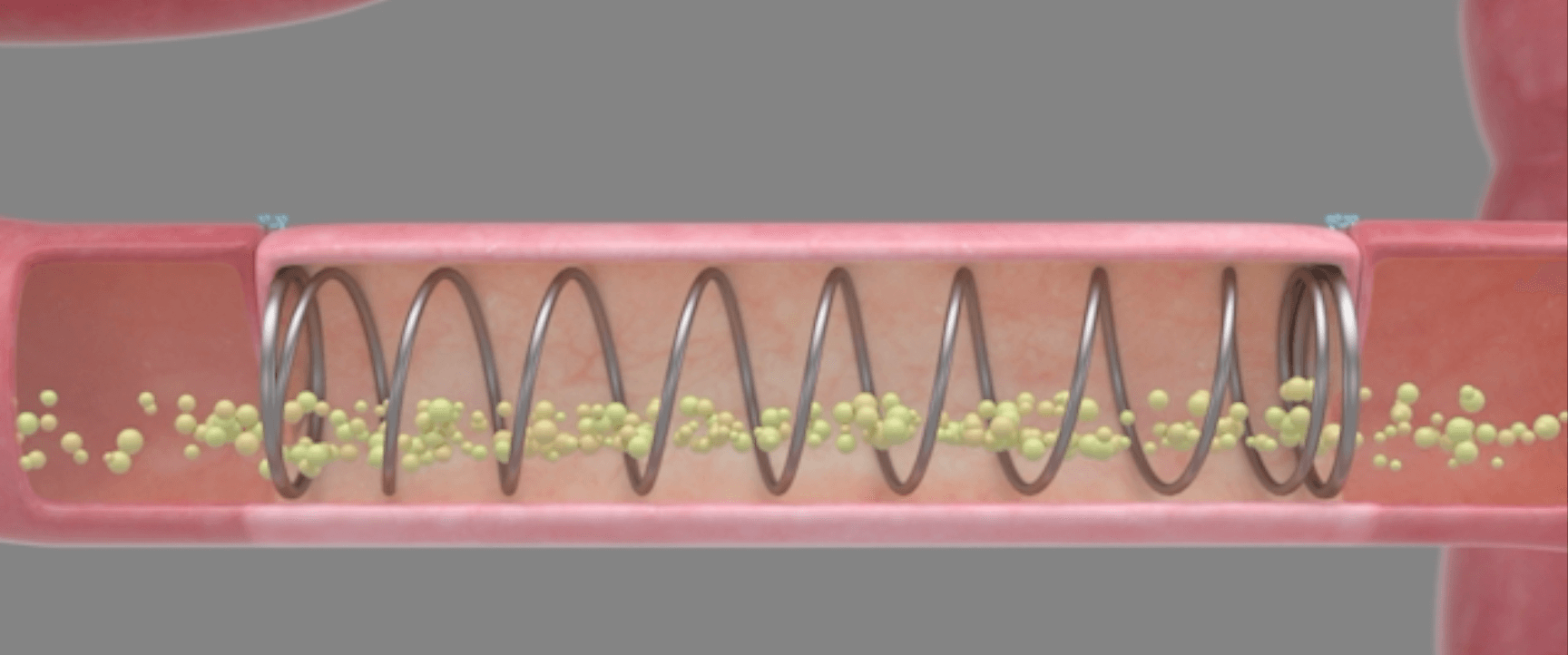Eclipse Regenesis
Mechanical Treatment for Short Bowel Syndrome
Neonates who experience necrotizing enterocolitis or certain birth defects may need to undergo intestinal resection, resulting in Short Bowel Syndrome (SBS). Patients with SBS struggle to absorb the appropriate nutrients from their diet. They become reliant on ineffective therapeutics and total parenteral nutrition (TPN), which can often lead to end-stage liver disease.

Eclipse Regenesis is developing a solution in the form of tissue regeneration therapy. The device, named Eclipse XL1, is a mechanical approach designed to grow healthy intestinal tissue 2-3x in length within 2-3 weeks.
Animal studies have shown the new tissue absorbs nutrients with function equal to that of healthy tissue. This promising technology won the 2020 PDC Pitch Competition, which included $50,000 in grant funding. The company was co-founded by Stanford faculty.
In the News
Fogarty Company Pursues A Therapy That Eclipses All Others to Treat a Devastating Pediatric Syndrome
The company’s Eclipse XL1 Distraction Enterogenesis System aims to significantly enhance patients’ quality of life by harnessing the body’s own tissue regenerative capabilities to produce new, fully functional intestine. The device features a mechanical nitinol coil that works to internally grow new, healthy tissue to lengthen existing segments, thus increasing the nutritional absorption surface area.
Pediatric Device Showcase: Eclipse Regenesis
“I was at UCLA for 15 years and a lot of the work on this device originated there. When I moved to Stanford, a variety of seed grants helped spark the genesis of this company. Tom Krummel has been in this space for a long time and understands this issue well, as he’s a pediatric surgeon too. Together we applied and received the Coulter Foundation grant in order to start the company.” – James Dunn
